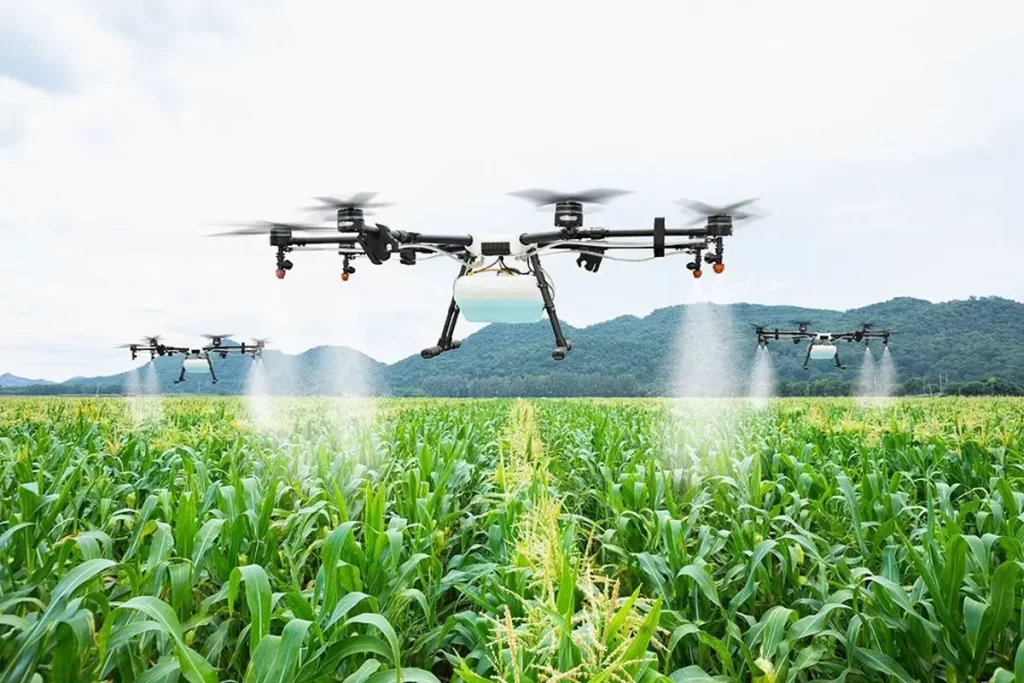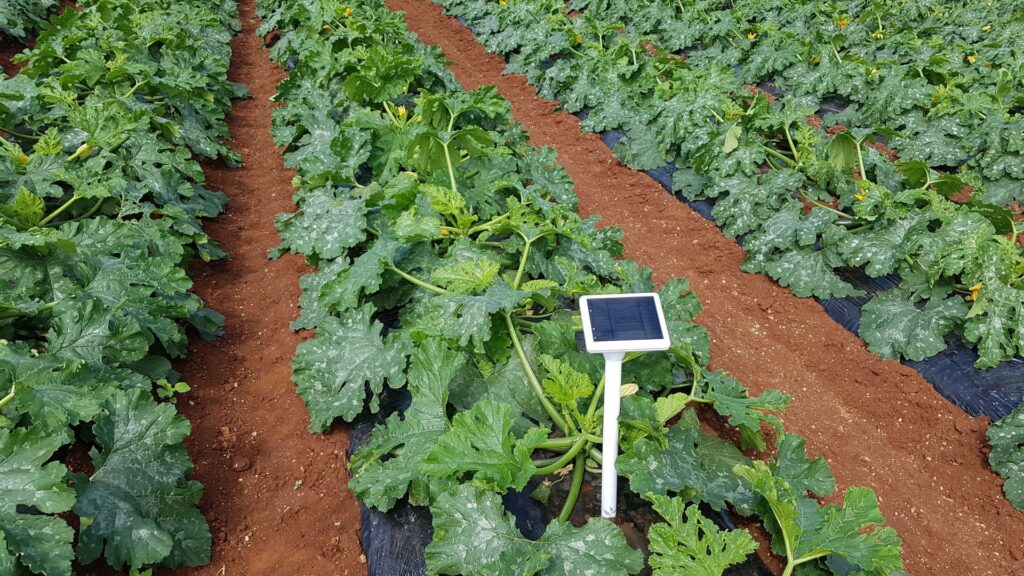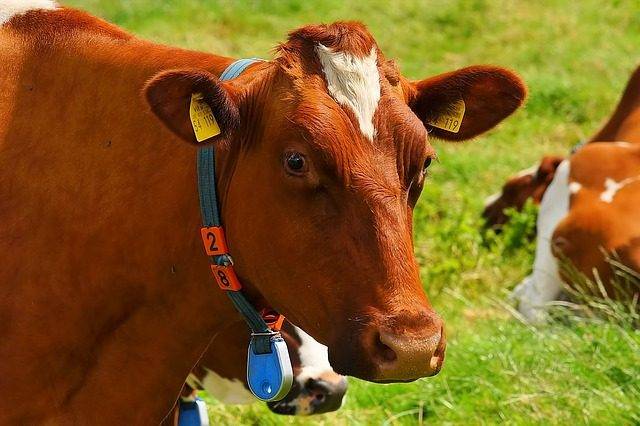Technologies offer a great boost to agriculture in Africa. This is because agriculture contributes significantly to the economies of many African countries, employing millions of people and playing an important role in food security. However, the sector has a number of obstacles, including restricted access to capital, insufficient infrastructure, climate change, and low productivity, all of which have hampered profitability and expansion. Technology in agriculture provides a chance to solve these problems and increase profitability in African agribusiness.
Technological Tools Developed to Boost Agriculture
Shaping modern agriculture is a number of tools developed to boost productivity and profitability. Amongst them are;
Drones: Drones have revolutionized precision agriculture by giving farmers a bird’s-eye view of their crops, drones have transformed precision agriculture. They can be outfitted with cameras, sensors, and GPS to collect information on soil conditions, crop health, and insect infestations. This information may be utilized to make intelligent irrigation, fertilization, and pest management decisions, resulting in increased yields and lower expenses.

Sensors: Sensors are tiny devices that may be mounted to plants, soil, or farm equipment to collect data on many aspects of farming. They can assess temperature, humidity, moisture, and nutrient levels in real-time, giving farmers with information on the health of their crops. This information may be utilized to improve growing conditions, leading to increased yields and lower expenses.

Farm Management Software: Farm management software provides a complete platform for farmers to manage their agricultural activities. It may be used to handle funds, maintain inventories, and plan agricultural rotations. It may also be used to automate record-keeping, reporting, and compliance procedures. This software can assist farmers in increasing efficiency and lowering expenses, resulting in increased earnings.
GPS technology: GPS technology is useful for mapping fields, tracking equipment, and optimizing planting and harvesting schedules. It may also be used to build precision soil maps, allowing farmers to customize crop management plans to particular regions of their farms. This can lead to increased yields and lower costs.
Irrigation Management Systems: Irrigation management systems improve watering schedules by using sensors and weather data. They may be designed to supply the appropriate amount of water at the appropriate time, lowering water use while enhancing crop health. This can lead to increased yields and lower costs.
Livestock Monitoring Systems: Sensors are used in livestock monitoring systems to track the health and behavior of animals. They can identify infections, track feeding and watering schedules, and optimize breeding cycles. This can lead to healthier animals and more revenue.

Ways Technologies in Agriculture is Boosting Profitability
Let’s now take a look at some of the ways technology might improve agriculture profitability in Africa.
1. Precision agriculture
It is the use of technology to gather and analyze data on soil, weather, and crops. This data may be utilized to make educated planting, fertilization, irrigation, and pest management decisions, resulting in increased yields and lower costs. Precision agricultural technology such as drones, sensors, and GPS can assist small-scale farmers in improving farming operations and increasing revenues.
2. Mobile Applications
Farmers may use mobile applications to get real-time information on weather conditions, market pricing, and crop management best practices. These apps can also assist farmers in connecting with customers, suppliers, and other players in the agriculture value chain. Mobile applications can assist small-scale farmers in making educated decisions about the sale of their products, resulting in higher prices and profits.
3. Farm management software
This is one of the technologies in agriculture that provides a comprehensive platform for managing all areas of a farm, including inventory management, crop planning, financial management, and staff management. This software can assist farmers in streamlining operations, automating chores, and providing real-time information about their farm’s health and performance. Farm management software can assist small-scale farmers in making better resource allocation decisions, resulting in higher production and profitability.
4. Access to financing
For small-scale farmers in Africa, access to financing is a big barrier. However, technological advancements such as mobile money, digital lending platforms, and crowdfunding are opening up new avenues for financial access. Farmers may have access to inexpensive loans through these platforms, allowing them to invest in their fields and boost their profitability.
5. Supply Chain Management
Supply chain management is an important part of agriculture since it impacts the value chain’s efficiency and profitability. Blockchain technology, for example, may assist monitor items from farm to market, assuring transparency, traceability, and responsibility. Farmers may benefit from higher pricing for their products, resulting in improved profitability.
Conclusion
Finally, technologies in agriculture provide a big potential for African agribusinesses to boost their profitability and address the sector’s issues.

